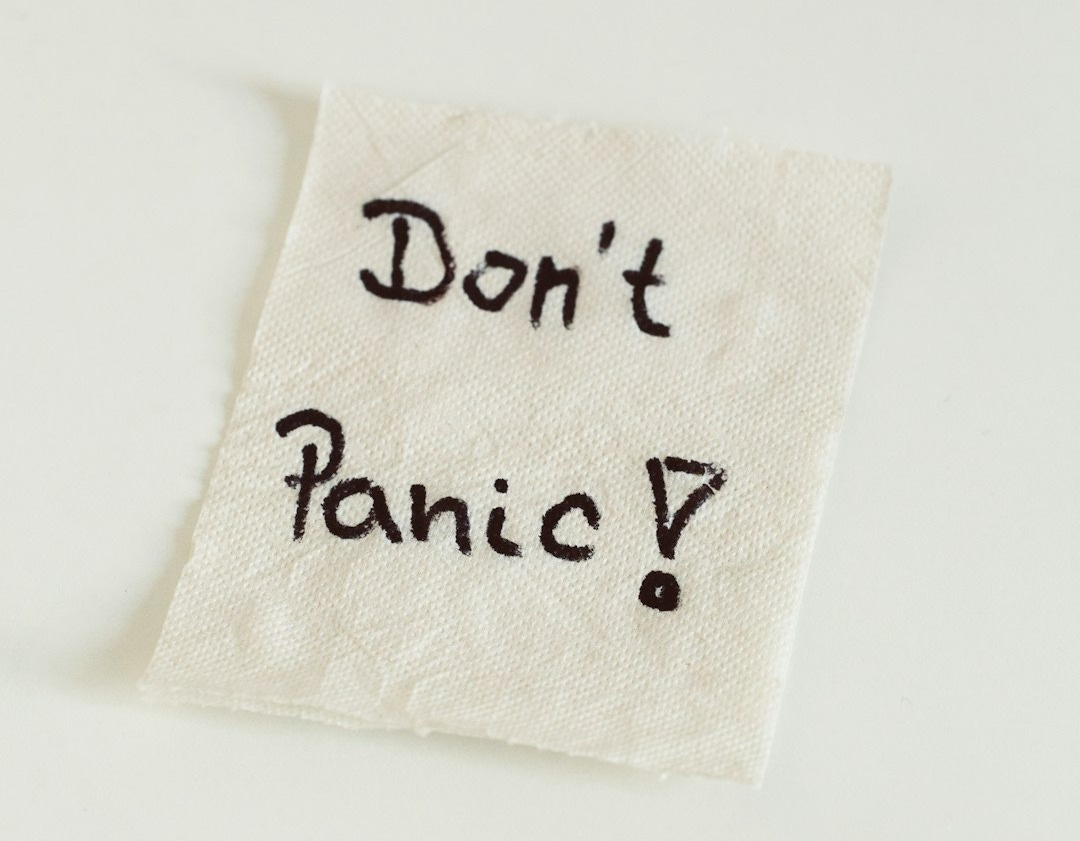“Small ripples of emotion can create massive waves in your life—learn to observe the water, not drown in it.” — Margaret Williams
Life, as we know, is a constant ebb and flow. Change is inevitable—especially in the world we live in, where even the seemingly unshakable federal government isn’t immune. For many of us working within its structure, recent shifts weren’t entirely unexpected.
But let’s be honest, even when we see change coming, it still has the power to knock us off our feet.
When I received an email signaling a shift after 38+ years of service, it unearthed emotions I hadn’t felt in decades—vulnerability, uncertainty, and fear. The federal job that had once been my safety net, the anchor to my restful nights, suddenly felt fragile. And I realized: This wasn’t just about restructuring.
It was about how deeply our emotional triggers run when we face perceived threats to stability, belonging, or self-worth.
Honestly, I’d been grappling with the thought of retirement for a while, teetering on the fence between holding on and letting go. Sometimes, external events make decisions for us. But here’s what I’ve learned: making a decision from a place of strength, not fear, changes everything.
I know I’m not alone in this. You’ve felt these moments too, haven’t you? Times when emotions hit unexpectedly, making you doubt, react, or withdraw.
The Emotional Triggers That Shake Us
Let’s take a moment to reflect. Emotional triggers are powerful, reacting to them is part of being human. Common ones include:
1. Rejection – Feeling dismissed or excluded.
2. Criticism – Internalizing feedback as a personal attack.
3. Failure – The fear of not meeting expectations.
4. Abandonment – Being left out or ignored.
5. Injustice – Witnessing or experiencing unfair treatment.
6. Being Ignored – Feeling unseen or undervalued.
7. Helplessness – Lacking control over outcomes.
8. Loss of Independence – Feeling trapped.
9. Uncertainty – Facing the unknown.
10. Disrespect – Being treated without dignity.
11. Comparison – Measuring yourself against others.
12. Betrayal – Broken trust.
13. Guilt – Carrying responsibility for something you can’t change.
14. Overwhelm – Juggling too many demands.
15. Disappointment – Unmet expectations.
In subsequent articles, we will go in-depth on the various emotional triggers and their specific impacts. Take a moment to consider: Which of these have you felt most recently?
Where Do Emotional Triggers Come From?
Triggers are rarely about the present moment—they’re deeply tied to past experiences, unmet needs, and ingrained beliefs. Here’s what fuels them:
• Past trauma: Events that left emotional scars such as bullying, abuse, abandonment, accidents, natural disasters, etc.
• Core beliefs: The stories we tell ourselves, like “I’m not good enough” or “People always leave.”
• Stress and overwhelm: When small triggers feel insurmountable.
• Biology and environment: How external factors (like lack of sleep or specific settings) heighten emotional reactions.
How to Transform Triggers into Growth
Instead of fearing emotional triggers, let’s see them as signals—an opportunity to pause, reflect, and grow. Here’s what has helped me navigate this journey:
1. Recognize and name your triggers.
• Notice the patterns and situations that evoke strong reactions. Journaling is a powerful tool for uncovering these.
2. Explore the root cause.
• Ask: What memory does this trigger remind me of? What am I truly afraid of in this moment?
3. Practice mindfulness.
• Breathe. Ground yourself. Remind yourself that the past is not your present reality.
4. Reframe your inner dialogue.
• Shift negative beliefs. Replace “I’m failing” with “I’m learning.” Replace “I’m rejected” with “I’m rediscovering where I belong.”
5. Build resilience.
• Prioritize self-care—because when you take care of yourself, you’re better equipped to face challenges head-on.
6. Reach out for support.
• Whether through friends, coaches, or professional guidance, healing happens faster when we don’t go it alone.
Relevant Statistics on Emotional Triggers and Emotional Regulation
• Employees with higher emotional regulation skills are 27% more likely to excel in workplace performance (Goleman, 1995).
• 90% of top performers at work exhibit high emotional intelligence, whereas only 20% of low performers do (Bradberry & Greaves, 2009).
• 83% of U.S. workers experience work-related stress, with 25% identifying workplace relationships as a major cause of emotional distress (American Psychological Association, 2021).
• A study found that mindfulness-based stress reduction (MBSR) programs reduced emotional distress by 38% and improved emotional regulation in 78% of participants (Kabat-Zinn, 2013).
• People with strong social support networks are 50% more likely to effectively manage emotional distress (Cohen & Wills, 1985).
An Invitation to Reflect
The truth is emotional triggers will always be part of life. But they don’t have to control us. The next time you feel that surge of emotion, ask yourself: What is this teaching me about where I still need to grow? And remember, you are more resilient than you think.
I’d love to hear from you. Which triggers have you struggled with recently, and what steps are you taking to overcome them? Hit “reply” and let’s have an open, honest conversation. Because your story matters—and together, we can transform challenges into growth.
With warmth and understanding,
Margaret
P.S. If you ever feel stuck navigating emotional triggers, you don’t have to do it alone. Let’s connect and explore ways to regain your emotional balance. Your breakthrough is closer than you think.



I love these practical, yet powerful, steps to help us through the inevitable ebbs and flows of life, Margaret! Thank you!
@Margaret Williams, Thank you for sharing your positive thoughts and for your offer to be my Co-Host and teach us what you know.